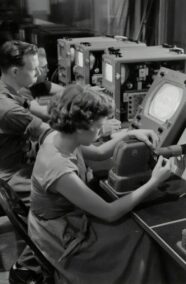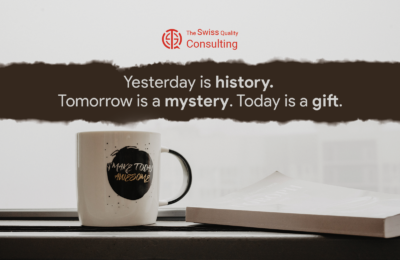Understanding the Impact of History and Leadership and Business
History, like an intricate tapestry, weaves the fabric of our present and shapes the possibilities of our future. The profound quote, “We are not makers of history. We are made by history,” encapsulates the essence of leadership, emphasizing the symbiotic relationship between historical context and the individuals who navigate the intricate landscape of business and management.
Unveiling the Layers of Leadership
For business executives, mid-level managers, and entrepreneurs, recognizing the influence of history on leadership is paramount. Let’s dissect the layers of this quote and unveil the critical lessons it imparts:
1. Historical Context in Decision-Making
The quote underscores that leaders are not isolated architects of their destiny; instead, they are profoundly shaped by the historical context in which they operate. Understanding the historical currents allows leaders to make informed decisions that consider the broader implications and potential consequences of their actions. In the ever-evolving business landscape, historical awareness becomes a compass guiding leaders through uncertainties.
2. Embracing Lessons from the Past
Great leaders possess an intrinsic understanding that they stand on the shoulders of giants. Recognizing the invaluable lessons embedded in history isn’t simply an intellectual exercise; it’s a cornerstone of effective leadership. They delve into the triumphs and tragedies of those who came before them, not as passive observers, but as active students. From the strategic brilliance of Hannibal’s encirclement at Cannae to the devastating consequences of Emperor Nero’s tyrannical rule, history offers a rich tapestry of experiences. By meticulously dissecting these successes and failures, leaders extract timeless wisdom that can inform their own strategies and approaches. This historical literacy grants them a nuanced perspective, enabling them to navigate the complexities of the present with both resilience and foresight. They learn from the mistakes of past leaders to avoid repeating them, while simultaneously drawing inspiration from their triumphs to chart their own course. It’s this profound understanding of the past that empowers them to anticipate challenges, make informed decisions, and ultimately, shape a brighter future.
3. Shaping Organizational Culture
Organizational culture, a cornerstone of effective leadership, is deeply influenced by historical nuances. Leaders play a pivotal role in shaping this culture by drawing on historical insights to foster innovation, inclusivity, and resilience within their teams. An understanding of historical dynamics helps leaders cultivate a sense of identity and purpose among team members, creating a cohesive and forward-thinking environment.
History as a Source of Strength in Business
As the business landscape undergoes continuous transformations, leaders must leverage historical understanding as a source of strength. Historical knowledge serves as a strategic asset, enabling leaders to:
Strategic Planning
History provides a repository of case studies and strategic moves made by businesses in diverse contexts. Leaders can draw on this wealth of information to refine their strategic planning, anticipating challenges and devising innovative solutions based on the lessons of the past.
Risk Management
Understanding historical precedents equips leaders with insights into potential risks and pitfalls. By learning from historical mistakes and triumphs, leaders can implement robust risk management strategies, ensuring the resilience of their organizations in the face of uncertainties.
Effective Communication
History teaches us the power of effective communication in influencing outcomes. Leaders who grasp the nuances of historical narratives can communicate their vision and values more persuasively, fostering a sense of purpose and commitment among stakeholders.
Conclusion: Navigating the Business Landscape with Historical Acumen
The quote, “We are not makers of history. We are made by history,” serves as a clarion call for leaders to embrace historical acumen as an integral aspect of their leadership toolkit. By acknowledging the profound impact of history, leaders can chart a course that transcends the immediate challenges, contributing to the legacy of their organizations and shaping a future enriched by the wisdom of the past.























